- Your cart is empty
- Continue Shopping

Product
ASTER PHYSIO AP CD-401 Combo Electrotherapy Unit
Latest & Advanced Microcontrolled System
- Equipped with 125 versatile programs
- Multi-functional combination:
- Ultrasonic Therapy
- IFC (Interferential Current Therapy)
- TENS (Transcutaneous Electrical Nerve Stimulation)
- EMS (Electrical Muscle Stimulation)
- Faradic Current Therapy
- Galvanic Current Therapy
- Russian Stimulation
- 4 Independent Channels
- Ultrasonic & All types of currents can be used separately
Included Accessories:
- 1× Ultrasonic Probe
- 4× Rubber Electrodes
- 1× Pen Electrode
- 2× Sponges for Wet Stimulation
- 3× Straps for Pad Holding
- 1× Carry Bag
Superior Build & Performance:
- Durable Metal Body
- High-Quality Components
- Optimized Efficiency
- Highly Effective Therapy Solution
Uses of Combination Therapy
Combination therapy employs multiple treatments—often medications—to tackle a condition, maximizing efficacy, minimizing side effects, and slowing resistance development. It is widely applied in various medical fields, including medicine, oncology (cancer treatment), and infectious disease management.
Key Benefits & Applications
Enhanced Efficacy
- Combining drugs with different mechanisms of action can achieve a more significant therapeutic effect compared to using a single drug.
Reduced Side Effects
- Lower doses of individual medications can be used in combination, potentially minimizing adverse effects compared to high-dose monotherapy.
Slowing Resistance Development
- Multiple drugs with different targets make it harder for pathogens or cancer cells to develop resistance to all of them, increasing treatment effectiveness.
Synergistic Effects
- Some drug combinations work better together than individually, enhancing therapeutic outcomes.
Treatment of Diseases with High Resistance Potential
- HIV/AIDS, tuberculosis, and certain cancers rely on combination therapy due to the high risk of resistance development when using single-drug treatments.
Overcoming Multidrug Resistance
- Combination therapy is a crucial strategy for treating infections or cancers that have developed resistance to multiple drugs.
Other Medical Applications
- Mental health treatment: Combining medication with psychotherapy for improved results.
- Diabetes management: Using multiple approaches to regulate blood sugar effectively.
- Pain management: Combining analgesics or therapies for optimal relief.
Conclusion
Combination therapy is a versatile and effective approach that offers increased efficacy, reduced side effects, and resistance prevention, making it invaluable across various medical contexts.
| Weight | 50 kg |
|---|---|
| Dimensions | 50 × 40 × 90 in |

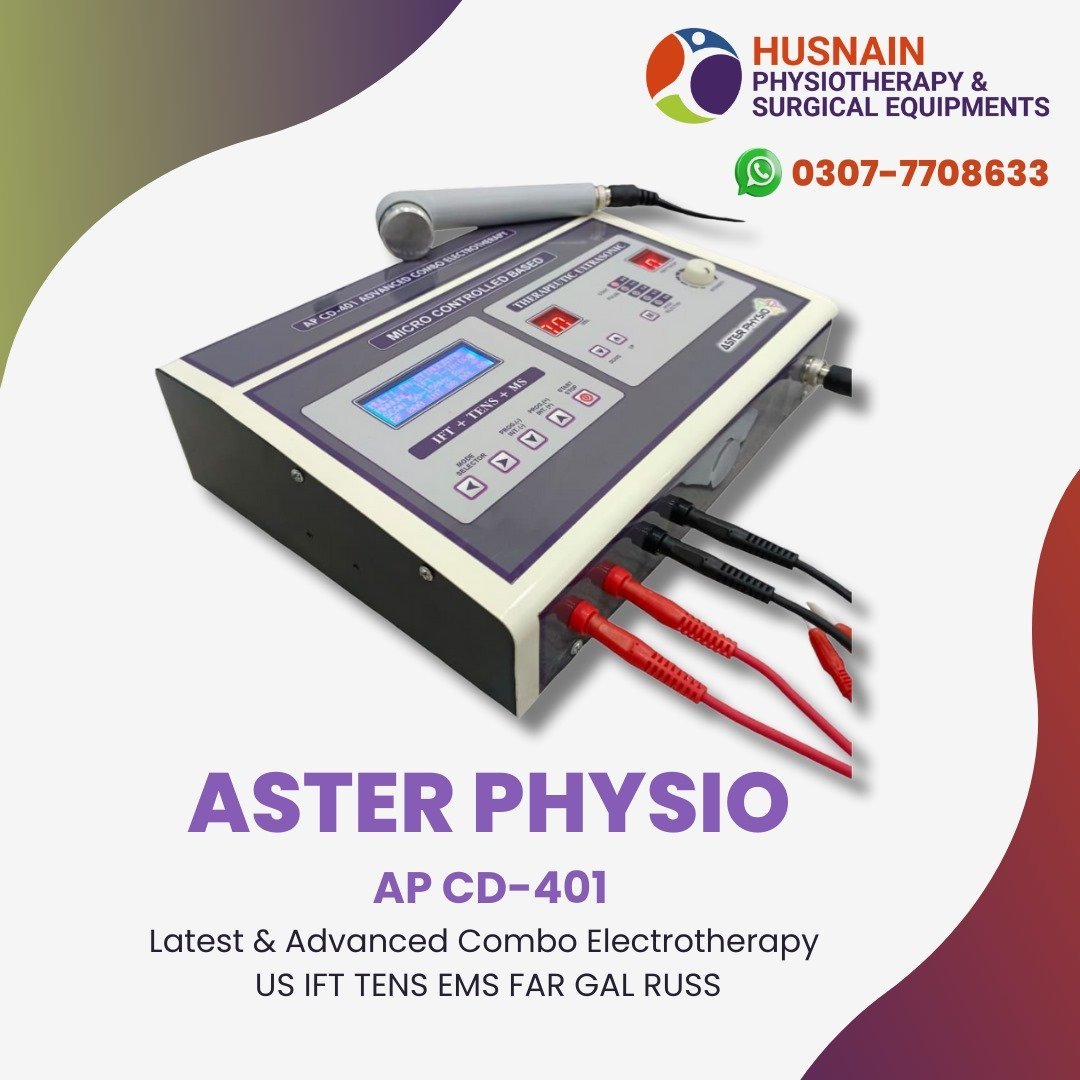
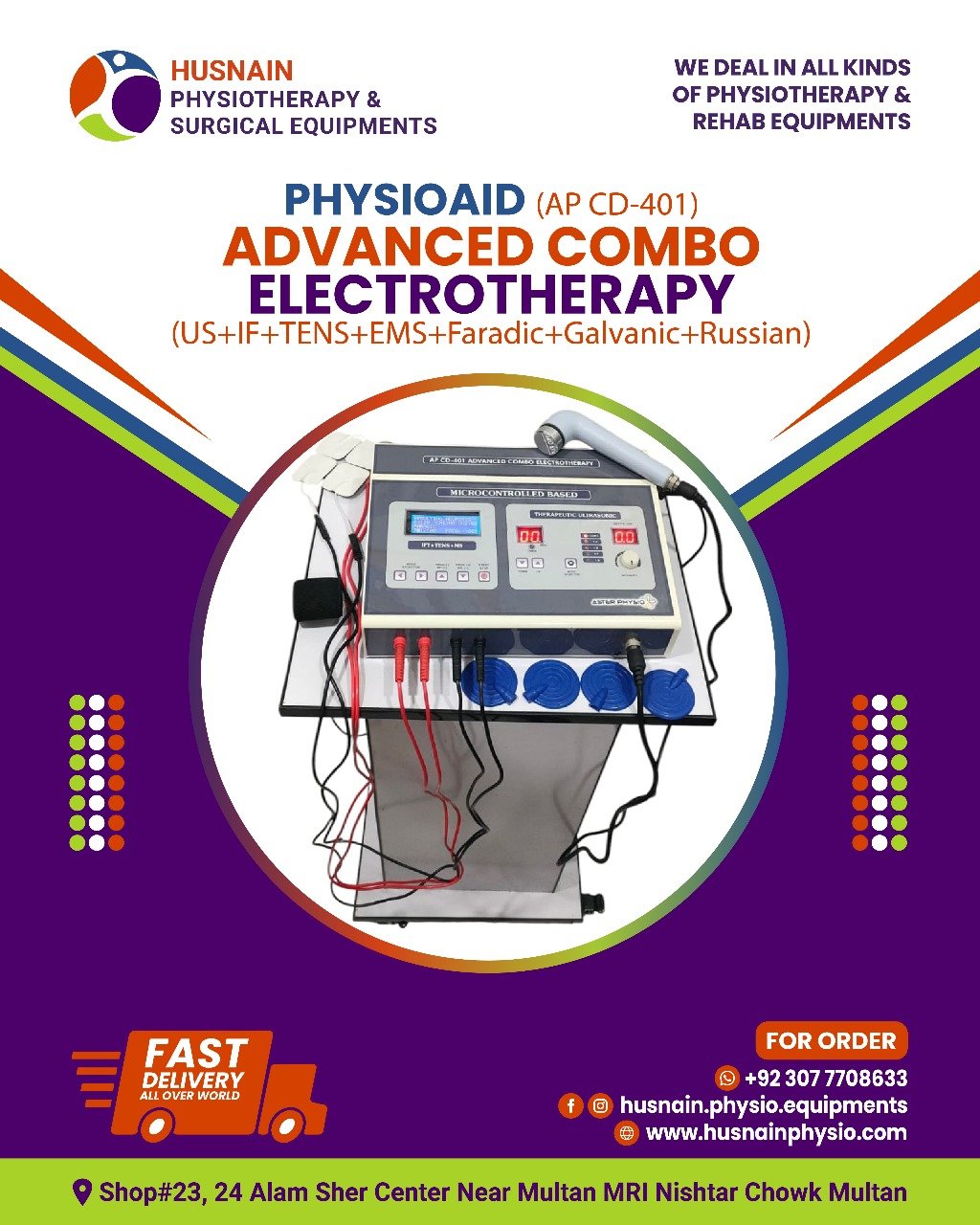
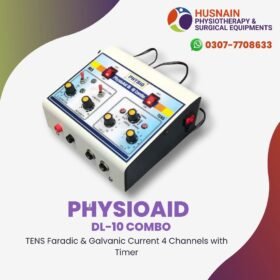
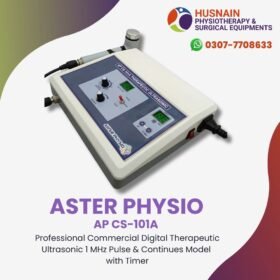
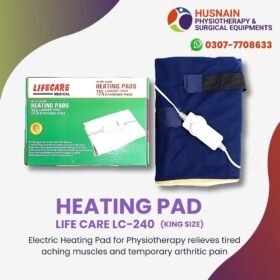



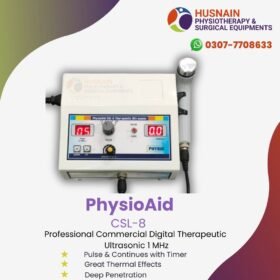
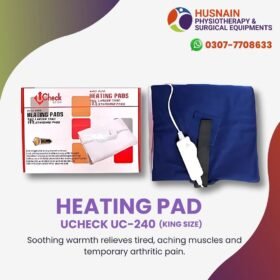
Reviews
There are no reviews yet.